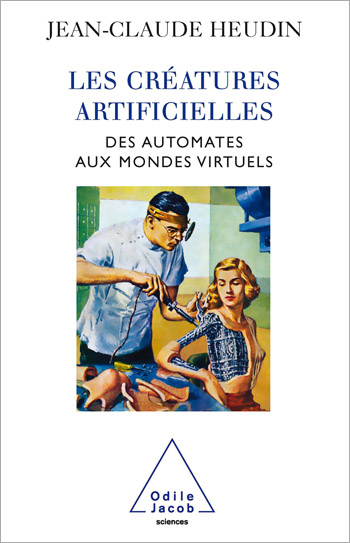Science All books

André Brahic
Of Fire and Ice Ardent Planets
A journey through the Universe to explore the mysteries of giant planets

Joseph Silk
Une brève histoire de l'univers
Joseph Silk is the author of an authoritative book on the Big Bang. In the present work, he covers the history of the universe from that first great explosion and shows how the most recent discoveries in astrophysics i.e. of the cosmic fluctuations from which the great structures of the universe emerged provide the missing link between the Big Bang, which occurred 15 billion years ago, and the present state of the universe. When did time begin? This is the question, already asked by Stephen Hawking, that A Short History of the Universe sets out to answer. It is the subject of current debate among theologians: Did time begin with the Big Bang, in which case God could not have created the universe, or has time existed for all eternity, which would mean that the Big Bang was just one event among others, that God could have existed before it occurred and that He could thus have created the universe? This highly accessible book will be of interest to a wide readership, since the issues examined here concern all of us. Joseph Silk, an astrophysicist and cosmologist, teaches at Oxford University.

Olivier Lyon-Caen, Etienne Hirsch
Priority: The Brain From Findings to Treatments
This book advocates the development of a “Brain Programme” with a global approach toward the study and treatment of neurological pathologies, while appealing to public support, with firm political backing, in order to make the realisation of such a programme feasible.





